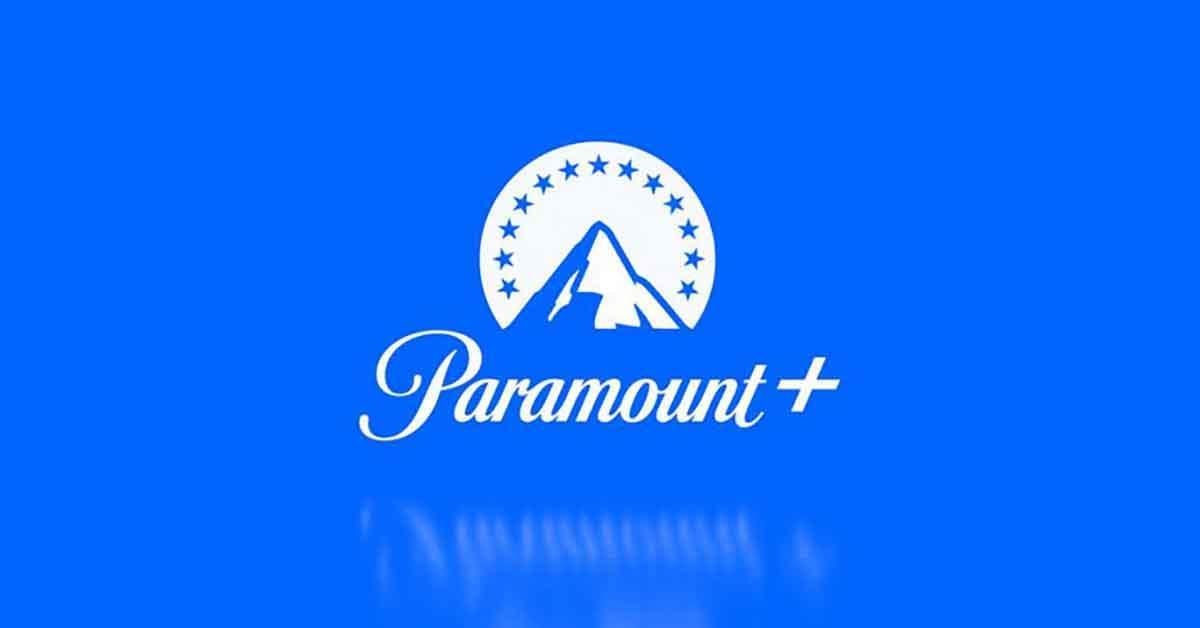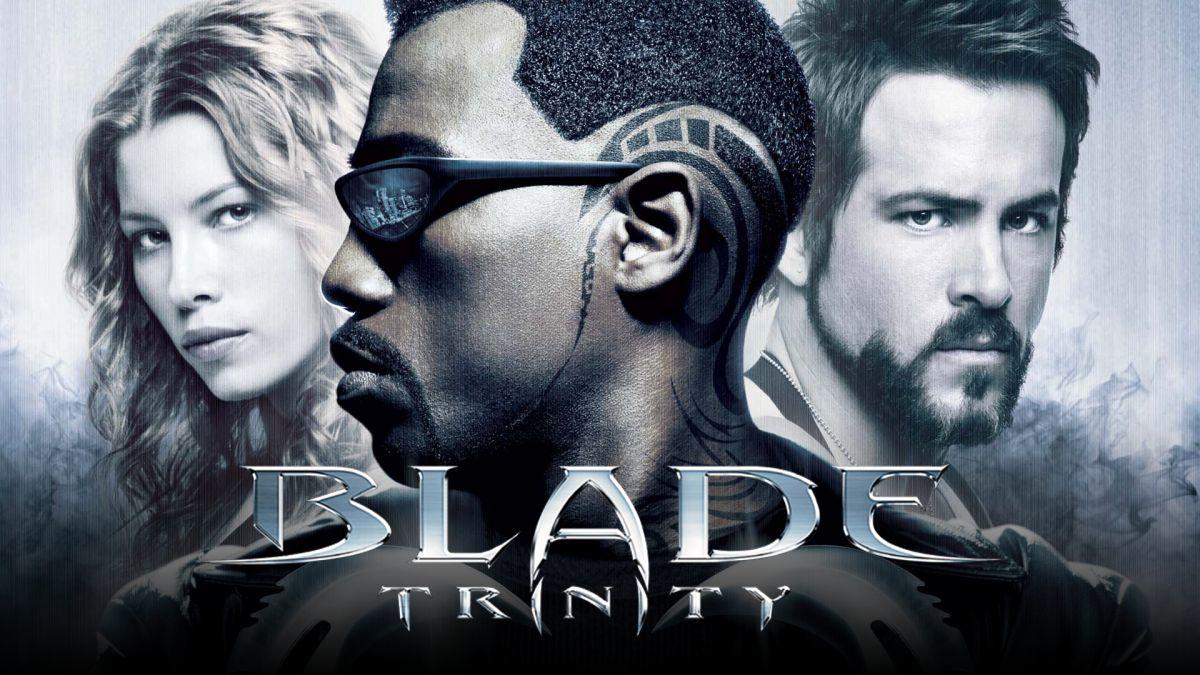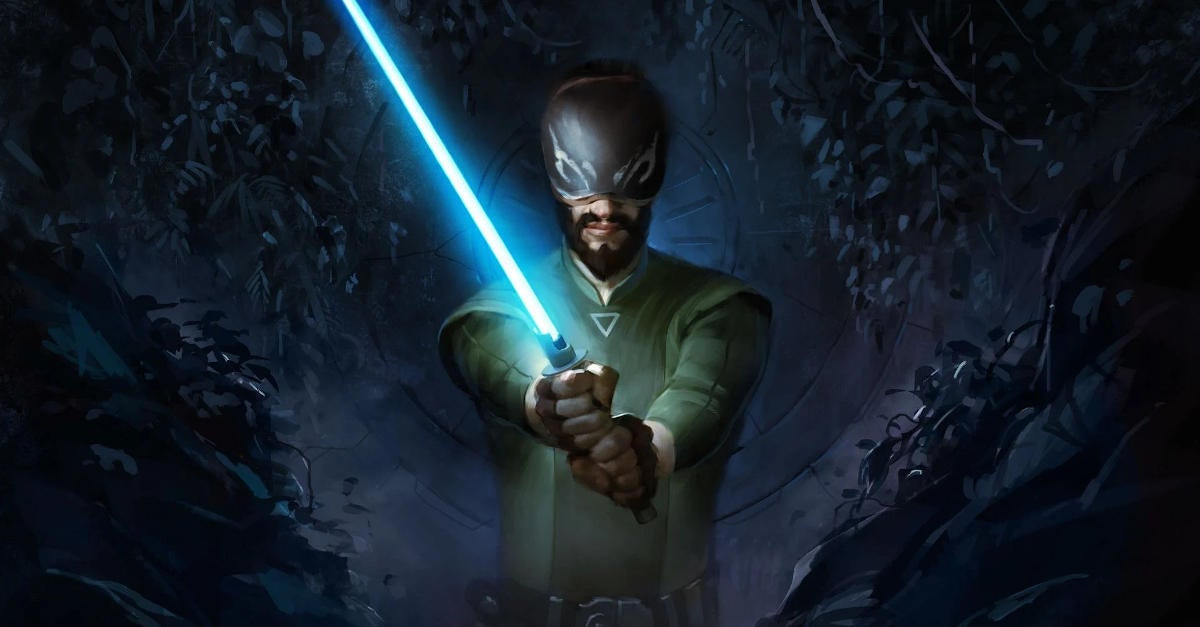Here's Why TikTok Might Be Banned
For fans and users of the popular short-form video app TikTok, the past few days have been [...]
For fans and users of the popular short-form video app TikTok, the past few days have been interesting to say the least. On Friday, President Donald Trump told reporters that he would act as soon as Saturday to ban the Chinese-owned app in the United States over potential national security risks. However, as the potential ban on TikTok looms, many are trying to understand exactly how the app could present such a risk and if there isn't another way to resolve the issue than an outright ban of the app.
At issue regarding TikTok is a question of data security. First launched by Chinese internet technology company ByteDance in 2017, TikTok first became available in the united states on August 2, 2018 following a merger with the short lip-synch video app Musical.ly. The TikTok app soon became popular in the United States, though last fall U.S. lawmakers began questioning how safe it and other Chinese-owned platforms are. At that time, Senators Chuck Schumer and Tom Cotton asked the U.S. intelligence community to assess the possible national security risks of TikTok, noting that the app (and others like it) could potentially be used to spy on American citizens or be in foreign influence campaigns (via CNN).
Critics contend that because TikTok's parent company is Chinese owned, it could be compelled to give American user data over to the Chinese government. However, TikTok refutes this. According to TikTok, the data for U.S. users is stored outside of China and is, therefore not subject to Chinese law. It's worth noting that TikTok is itself not available in China -- a similar service called Douyin is available in China instead.
"Our data centers are located entirely outside of China, and none of our data is subject to Chinese law," the company said in a statement Friday. "Further, we have a dedicated technical team focused on adhering to robust cybersecurity policies, and data privacy and security practices."
With concerns about whether the Chinese government could compel TikTok to turn over its American user data, many users on social media suggested that the obvious solution would be for the company's U.S. operation be sold to an American company. That's what was in the works with reports that Microsoft was in negotiations to purchase TikTok from ByteDance. However, Trump also indicated on Friday that he didn't support such an acquisition. That itself has prompted questions as to whether Trump can actually stop such a deal which is where things get even more complicated as another business transaction related to ByteDance is already under review in the United States.
In October 2019, Senator Marco Rubio asked the Committee on Foreign Investment in the United States (CFIUS) to review TikTok's purchase of Musical.ly following reports noting the absence of posts about the Hong Kong protests on TikTok as compared to other social media platforms.
"There continues to be ample and growing evidence that TikTok's platform for Western markets, including those in the United States, is censoring content that is not in line with the Chinese Government and Communist Party directives," Rubio said in a statement at the time.
Because of the involvement of CFIUS, Trump may have a bit more room to intervene should Microsoft move forward with its acquisition of TikTok, though on Saturday afternoon it was reported that negotiations between the tech giant and ByteDance had halted due to the potential ban.
As for TikTok's response to things, while it's still unclear exactly how things will unfold, the company's U.S. General Manager Vanessa Pappas told users in a video message on Saturday that the company isn't planning on going anywhere.
"I want to say thank you to the millions of Americans who use TikTok every day. Bringing their creativity and joy into our daily lives. We've heard your outpouring of support and we want to say thank you, and we're not planning on going anywhere," Pappas explained. "TikTok is a home for creators and artists to express themselves, create ideas, and connect with individuals across different backgrounds. We are so proud of the various communities that call TikTok their home. I'm also proud of our 1,500 U.S. employees that work on this app every day. The additional 10,000 jobs that we're bringing into this country over the next three years."
What do you think about the potential TikTok ban? Do you think the app poses national security concerns? Let us know your thoughts in the comments.
Photo: Nicolas Economou/NurPhoto via Getty Images




